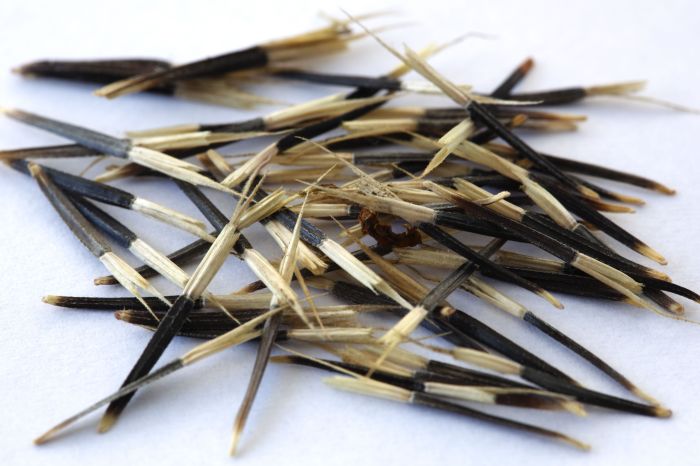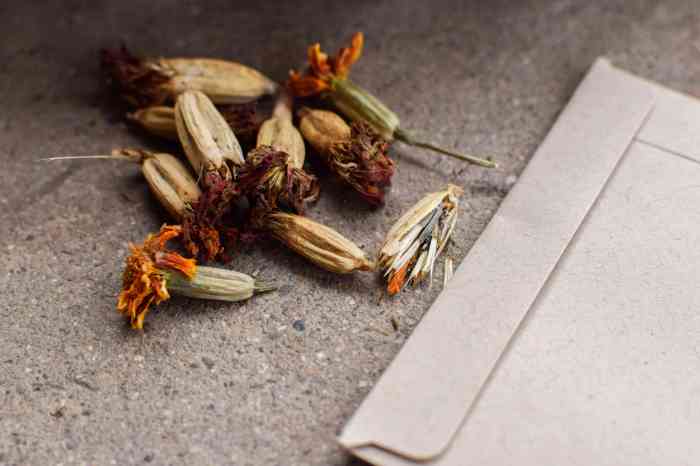Planting Marigolds in July
Can you plant marigold seeds in july – July presents a unique challenge for planting marigolds, depending heavily on your geographical location and prevailing weather conditions. Success hinges on understanding how temperature, rainfall, sunlight, and soil conditions interact to influence germination and growth. This article explores the considerations and techniques for successfully planting marigold seeds in July, addressing potential challenges and showcasing successful examples.
Marigold Planting in July: Climate Considerations
July’s weather significantly impacts marigold cultivation. High temperatures can hinder germination, while excessive rainfall can lead to damping-off disease. Sufficient sunlight is crucial for healthy growth. Temperate climates might offer ideal conditions in early July, while tropical and subtropical regions may experience challenges due to intense heat and humidity. Optimal soil temperature for marigold germination is generally between 65-75°F (18-24°C).
Well-drained, fertile soil with a slightly acidic to neutral pH (6.0-7.0) is essential. Soil moisture should be consistently moist but not waterlogged.
Seed Starting Techniques for July Planting

Source: thespruce.com
Several methods exist for starting marigolds in July. Seed pre-treatment, such as soaking in warm water for a few hours, can improve germination rates. Direct sowing involves planting seeds directly into the prepared soil, while starting indoors allows for earlier germination and a head start on growth. Each method has its advantages and disadvantages.
| Method | Advantages | Disadvantages | Considerations for July |
|---|---|---|---|
| Direct Sowing | Simple, less labor-intensive, avoids transplant shock. | Slower germination, higher risk of seedling loss to pests or harsh weather. | Best in milder July climates; requires careful soil preparation and protection from extreme heat. |
| Indoor Starting | Faster germination, higher survival rate, better control over environmental conditions. | More labor-intensive, requires careful transplanting to avoid damaging delicate seedlings. | Ideal for hotter July climates; allows for hardening-off before transplanting outdoors. |
Addressing Potential July Planting Challenges
July planting presents specific challenges. Pest infestations (aphids, spider mites) and diseases (damping-off, powdery mildew) can affect seedlings. Regular inspection and preventative measures, such as using insecticidal soap or fungicides, are crucial. Weeds compete for resources; regular weeding is necessary. Consistent watering, especially during hot spells, is essential, but avoid overwatering to prevent root rot.
Mulching can help retain soil moisture and suppress weeds.
Marigold Varieties Suitable for July Planting, Can you plant marigold seeds in july

Source: thespruce.com
Certain marigold varieties are better suited for July planting due to their heat tolerance. French marigolds (Tagetes patula) are generally more heat-tolerant than African marigolds (Tagetes erecta). Dwarf varieties are often preferred for containers or smaller spaces, while tall varieties make striking additions to borders. The choice depends on the available space and desired aesthetic.
Planting marigold seeds in July is generally possible, depending on your climate. The success rate might vary compared to spring planting, however. This raises the question of optimal planting times for other seeds; for instance, you might wonder, as many do, can you plant guava seeds successfully in the summer months? Returning to marigolds, ensuring sufficient watering and sunlight is key for successful germination and growth, regardless of the planting month.
| Variety | Flower Size | Flower Color | Blooming Period (July Planting) |
|---|---|---|---|
| French Marigold ‘Bonanza’ | Small | Various | Late July – Frost |
| African Marigold ‘Crackerjack’ | Large | Yellow, Orange | Late July – Frost |
| Signet Marigold | Small | Orange, Yellow, Red | Late July – Frost |
Dwarf marigolds, with their compact growth habit, are better suited for hot and dry conditions, while tall varieties may require more support and consistent watering.
Illustrative Examples of Successful July Marigold Planting
A successful marigold garden planted in July might involve preparing the soil weeks in advance by amending it with compost to improve drainage and fertility. Seeds were sown directly into well-drained beds, spaced appropriately. A consistent watering schedule was maintained, avoiding both underwatering and overwatering. Regular inspection and timely application of insecticidal soap prevented pest problems. The resulting plants exhibited vibrant green foliage, strong stems, and abundant blooms.
The leaves were a deep green, stems sturdy, and plants displayed vigorous growth. Conversely, a struggling garden might be the result of planting in poorly drained, compacted soil. Overwatering or underwatering, coupled with a lack of pest control, could have led to stunted growth, yellowing leaves, and minimal flowering.
FAQ Section: Can You Plant Marigold Seeds In July
What type of soil is best for planting marigolds in July?
Well-draining soil that is rich in organic matter is ideal. Avoid heavy clay soils that retain too much moisture.
How often should I water marigold seedlings in July?
Water regularly, especially during hot, dry spells, ensuring the soil remains consistently moist but not waterlogged.
Can I still plant marigolds in July if I live in a very hot climate?
Yes, but choose heat-tolerant varieties and provide afternoon shade if temperatures are extremely high. Consider evening watering to minimize evaporation.
What are some common pests that affect marigolds planted in July?
Aphids, spider mites, and whiteflies are common. Regularly inspect your plants and use appropriate pest control methods if necessary.
